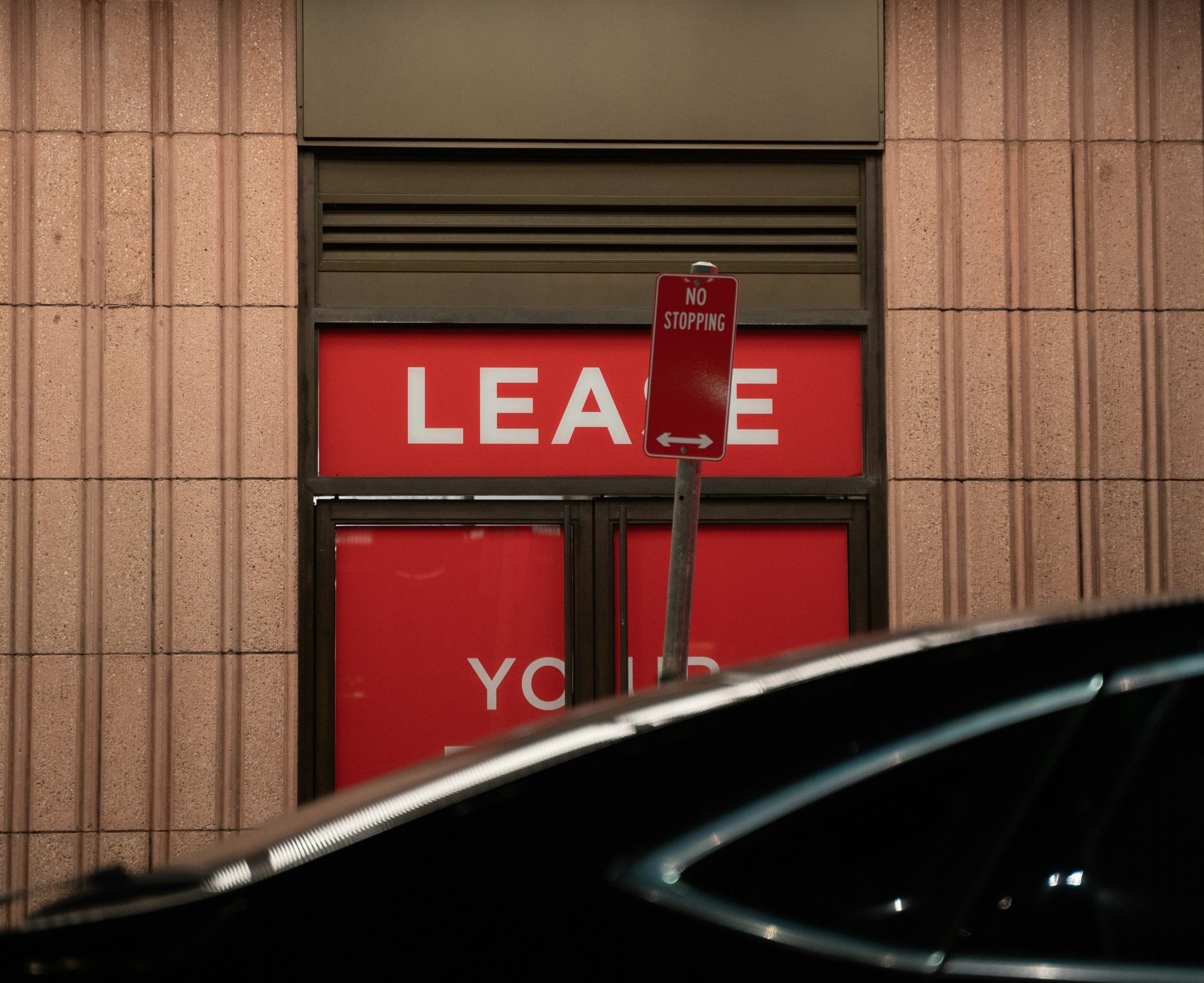For most businesses, your premises are your most significant asset. A commercial lease can represent a commitment to pay very significant amounts of money over the term of the agreement.
Negotiating with your Landlord or Tenant
The COVID-19 crisis has put an unprecedented strain on the relationship between Landlords and Tenants. We are now experiencing a situation where many businesses are required by law to close or scale back operations. In some circumstances, government directions or travel restrictions have meant that customers or clients can no longer use the business’ services. Many struggling tenants – through no fault of their own – are in a position where they simply cannot continue to meet their financial obligations under their commercial lease, or where doing so would result in the business being unable to survive in the short to medium term.
The National Code
The Federal Government has implemented a new Code of Conduct, which is intended to be implemented in each state and territory.
The code provides that “it is intended that landlords will agree to tailored, bespoke and appropriate temporary arrangements for each SME tenant, taking into account their particular circumstances on a case-by-case basis.”
Understanding your commercial Lease
Before going into any commercial Lease negotiations, whether as a Landlord or as a Tenant, it is important that you understand your rights and obligations under your Lease, and all options available to you. Many Landlords and Tenants have not looked at their leases since they were first signed.
Some of the things you should consider are:
- What is the term remaining on your lease?
- Is the rent due to increase soon?
- Does the Lease include an option for renewal?
- Is the Landlord holding any security under the Lease – such as a bond or bank guarantee?
- Does the Lease provide for any significant upcoming expenses, including outgoings, refurbishment costs, or make-good costs at the end of the Lease?
- Does the Lease contemplate circumstances where the business is unable to operate?
- Does the Lease include a dispute resolution procedure?
- Under the Lease, is there a prescribed process for serving notices on the Landlord or the Tenant?
- What effect does the Code have on the rights of the Landlord (including right to terminate the lease for default, or right to increase rent)?
Understanding the Landlords position – as a tenant
If you are a Tenant, it is important that you go into any negotiations having an understanding of the Landlord’s position. In particular:
- Is the property subject to a mortgage? If so, can the Landlord access any relief from the Landlord (such as a deferral of mortgage repayments)?
- Does the Landlord rely on rental income from the property as a significant part of their income?
- Are you able to continue to meet some of the financial obligations under the Lease – for instance, paying outgoings?
- Is the Property owned by a Trustee, Company, or a Self Managed Superannuation Fund and if so, what are the
circumstances of the beneficiaries, shareholders, or members? - Does the Landlord have access to any relief under any State or Territory scheme?
- What will be the consequences for the Landlord if no agreement is reached?
For tenants, it is important to be open and act in good faith. Preserving a good relationship with your landlord will only be to your advantage once the COVID-19 crisis has passed.
Understanding the Tenant’s position – as a Landlord
If you are a Landlord, it is important that you go into negotiations having an understanding of the Tenant’s position. In particular:
- What is the likely effect of COVID-19 on the tenant’s business? Can you arrange for the tenant to provide evidence of any changes in turnover?
- Is the tenant’s business able to operate to a limited extent? If so, are there other overheads which need to be paid in order for the business to operate?
- Is your tenant working in a seasonal industry – for instance, where the bulk of the annual income is expected to be earned within a relatively short period of time. If so, COVID-19 may have either a much higher or much lower effect on annual turnover.
- Does the tenant have access to any government relief, whether from the Commonwealth or State/Territory
governments? - Is the tenant able to earn enough through the business to pay for personal living necessities, such as rent (for their home)
and food? - What will be the consequences for the Tenant if no agreement is reached?
For Landlords, it is important to take a commercial approach. In particular, it may be the case that temporarily receiving a reduced rate of rent (or even no rent in the short term) may be a better outcome than finding that you have no tenant after the COVID-19 crisis passes because the tenant’s business has failed. This is particularly the case if it is likely that the premises will remain unoccupied for an extended period of time if the tenant does leave.
Nobody can predict what your circumstances look like in several months. The Landlord and Tenant should avoid making long term commitments which do not have a degree of flexibility in them if there is any uncertainty as to whether they will be able to be met. A series of short term agreements, or agreements to review the situation at certain intervals, may be more appropriate until the parties have a clearer picture of how the business is expected to perform.
Further, preserving the relationship with a good tenant and ensuring that your tenant’s business is able to recover and continue after COVID-19 has passed will benefit you in the long term.
Elringtons can assist you with a review of your commercial lease, advice on the effect of the new Code, or assistance in lease negotiations.
Looking for more information about the new Code of Conduct? You may be interested in our article COVID-19: Mandatory Code of Conduct for Commercial Leases.
Further reading

elringtons lawyers regularly provide legal advice in relation to a range of commercial matters. Please contact our Business and Commercial Team for more information or to make an appointment call (02) 6206 1300











